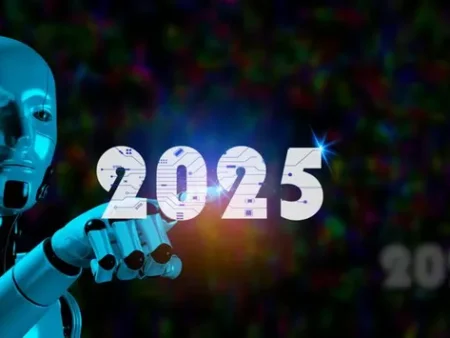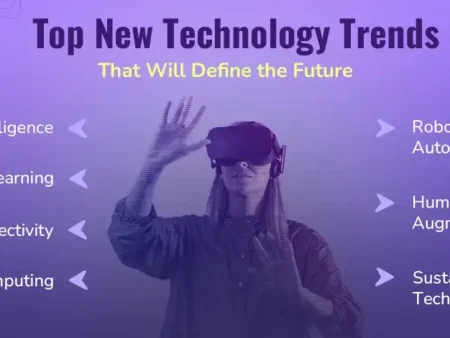BCG’s 2025 report reveals growing global adoption of AI at work, with notable regional differences and key barriers including lack of training, limited access to approved tools, and insufficient leadership support. The study emphasizes that long-term success hinges on focused investment in change management and responsible AI integration.
AI at work 2025
BCG Report Highlights Rising Adoption and Ongoing Gaps
Boston Consulting Group’s latest report, AI at Work 2025: Momentum Builds, But Gaps Remain, explores the expanding use of artificial intelligence across the global workforce while underscoring persistent challenges in adoption. Drawing from a survey of more than 10,600 employees across 11 countries, the study reveals that while AI is gaining traction, organizations must address major gaps to unlock its full potential.

AI Usage Expands but Frontline Engagement Trails Behind
The report finds that 72% of employees use AI tools regularly. However, only 51% of frontline employees report the same, revealing a clear divide between management and operational staff. Adoption is strongest in regions such as India (92%) and the Middle East (87%), though these same regions also report higher levels of anxiety around job security due to AI.
Three Key Barriers to Widespread Adoption
- Training and Skills Development
Only 36% of workers feel adequately trained to use AI tools. Employees who receive at least five hours of structured, hands-on training are far more likely to integrate AI into their daily workflows. - Access to Authorized Tools
Over half of employees (54%) say they would turn to unauthorized AI tools if approved platforms were not available, raising concerns about shadow AI usage and data security. - Leadership Involvement
Just 25% of frontline staff feel they receive sufficient guidance from leadership on AI adoption. Where leaders actively support AI use, employee confidence and utilization improve significantly.
From Tool Deployment to Workflow Redesign
Rather than focusing solely on deploying tools, many companies are now redesigning end-to-end workflows to integrate AI more strategically. Organizations that direct over 80% of their AI investment into core business transformation rather than incremental improvements are seeing higher returns.
AI Agents Hold Promise but Lack Implementation
While 77% of employees believe AI agents will be essential within the next three to five years, only 13% report current use of such tools. Additionally, only a third of respondents understand how these agents function, leading to concerns over trust, accountability, and potential bias.
Change Management is Critical to Long-Term Success
According to BCG, successful AI adoption requires balanced investment—10% in algorithms, 20% in infrastructure, and 70% in change management and workforce transformation. The most effective organizations are prioritizing a few high-impact AI initiatives over widespread, unfocused experimentation, resulting in significantly better outcomes.

Conclusion
While AI adoption in the workplace is increasing, sustainable success will depend on training, leadership support, and thoughtful implementation. Companies that invest in both people and processes—beyond just technology—will be best positioned to bridge the gap between AI potential and real-world impact in 2025.
















